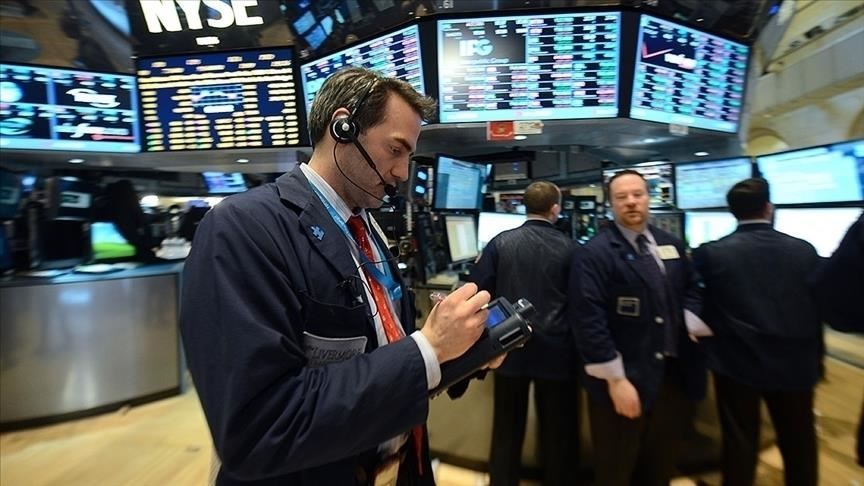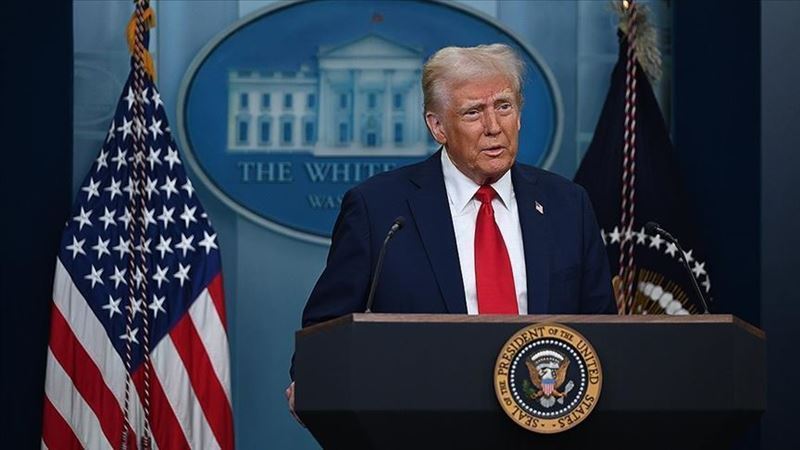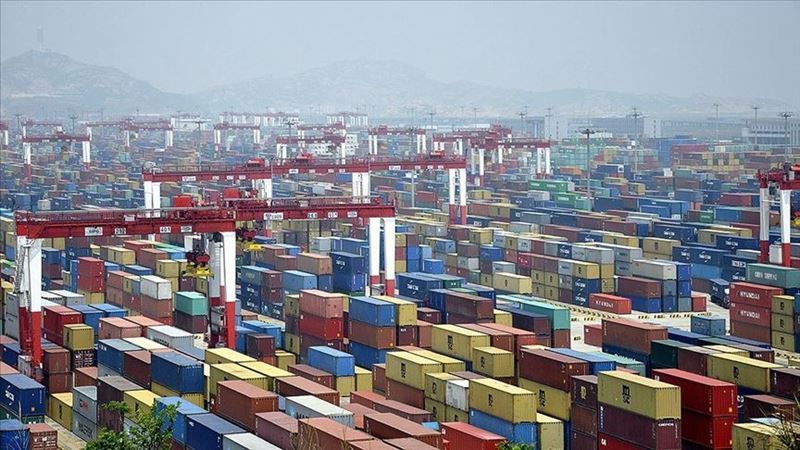The Bank of England (BoE) hiked interest rates yesterday, after the US Federal Reserve (Fed) accelerated the reduction in asset purchases and pointed to at least three rate hikes for next year. Despite the negative effects of the new type of coronavirus (Kovid-19) epidemic on the economy, the BoE increased the policy rate from 0.10 percent to 0.25 percent for the first time since August 2018.
In the text of the BoE's decision, it was pointed out that the inflation in the UK, which was 3.1 percent in September, reached the highest level of the last 10 years with 5.1 percent in November, "Inflation continues to hover above 5 percent in the winter months and in April 2022. It is expected to peak at about 6 percent in Turkey. The decrease in core inflation is expected to start only in the second half of next year." statements were included.
While the European Central Bank (ECB) did not change the interest rates at its meeting yesterday, it confirmed that the Pandemic Emergency Asset Purchase Program (PEPP) will end in March 2022. Contrary to the hawkish stance of the Fed and the BoE, the ECB's decision text, which displayed a dovish stance, gave the message that it would resume net asset purchases within the scope of PEPP, if necessary, against the negative shocks related to the Kovid-19 outbreak, while it was emphasized that the 2 percent target for inflation was adhered to.
The Bank of Japan (BoJ), which did not change its interest rates and monetary policy today, also signaled that it would continue its loose monetary policies. While the Bank postponed the duration of its special program, which provides financing support to small and medium-sized companies against the effects of Kovid-19, by 6 months, to September 2022, the funding program it provided for corporate bonds and commercial securities, mainly issued by large-scale companies, will continue until March 2022, as planned. decided to complete it.
According to the data announced yesterday on the macroeconomic data side, the number of people who applied for unemployment benefits for the first time in the USA increased by 18 thousand last week and reached 206 thousand. In December, the manufacturing industry Purchasing Managers Index (PMI) fell to the lowest level of the last 12 months with 57.8, and the service sector PMI with 57.5, the lowest level of the last 3 months, while industrial production remained below the expectations with a monthly increase of 0.5 percent in November.
The USA President Joe Biden approved the law to increase the federal government's debt limit by $ 2.5 trillion.
With these developments, the indices in the New York stock market, which started the day with an increase yesterday, started to decline with the sales that were effective in technology stocks close to the closing. The Dow Jones index fell 0.08 percent, the S&P 500 index fell 0.87 percent and the Nasdaq index fell 2.47 percent. The dollar index is flat today, after closing just above the 96 border with a 0.5 percent decrease yesterday. The 10-year bond yield of the USA, which fell from 1.48 percent yesterday, was stabilized at 1.41% levels.
On the European side, it was seen that the stock markets closed the day positive, with the positive reception of the central banks' decisions. The FTSE 100 index gained 1.25 percent in the UK, the DAX 30 index gained 1.03 percent in Germany and the CAC 40 index gained 1.12 percent in France. After closing at 1.1333, the euro/dollar parity increased by 0.4 percent yesterday, it remains flat today.
On the Asian side, it is seen that the new day started with a decrease after the BoJ decisions, while the Nikkei 225 index in Japan, close to the closing, was 1.9 percent, the Shanghai composite index in China was 0.9 percent, and the Hang Seng index in Hong Kong was watching with a decrease of 1 percent.
Domestically, the Central Bank of the Republic of Turkey (CBRT) cut the policy rate by 100 basis points to 14 percent yesterday, and stated that the area implied by the temporary effects of incidental factors on price increases has been completed. In the text of the decision, it was also stated that the cumulative effects will be closely monitored in the first quarter of 2022, and "A comprehensive policy framework review process will be carried out in this period in order to reshape price stability on a sustainable basis." expressions were used.
Analysts stated that the uncertainties regarding the course of monetary policies have decreased significantly and said that the economic data to be announced in the next period gains importance and that the news flow about the course of the epidemic will be closely followed.
Analysts stated that the data agenda is calm in the country today, and that the Producer Price Index (PPI) in Germany and the Consumer Price Index (CPI) in the Euro Zone will be followed abroad, technically, the 2,300 level is the resistance in the BIST 100 index, and the 2,150 points is the support. reported that it was found.
The data to be followed in the markets today are as follows:
10.00 Germany, November PPI
12.00 Germany, December Ifo Business Confidence Index
13.00 Euro Zone, November CPI











Comments
No comment yet.